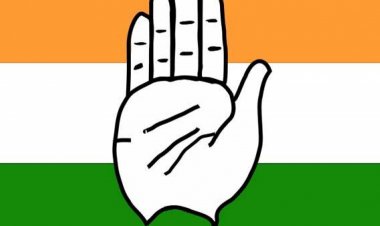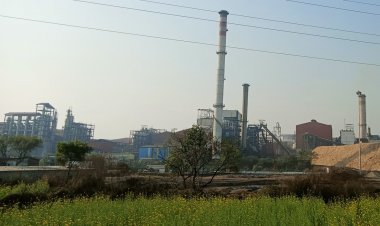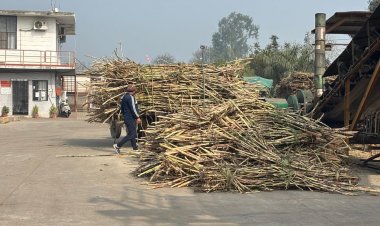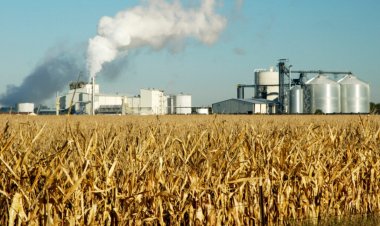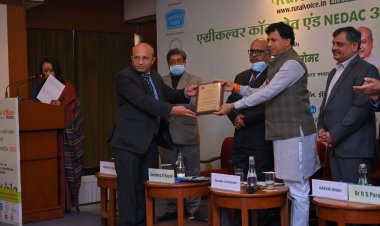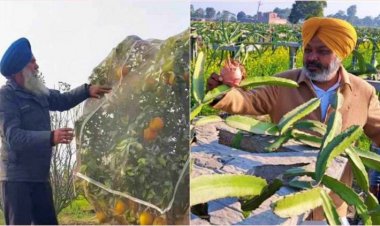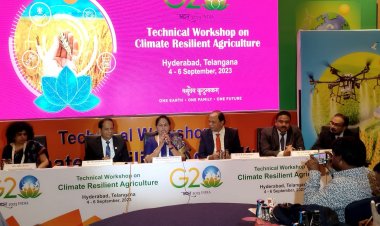Double whammy for Darjeeling tea gardens- falling productivity and low price realisation
Depressed economic conditions in traditional markets such as western Europe and Japan have led to reduced prices being offered, industry bodies explained. Production volumes of the 87-odd Darjeeling tea gardens, which used to be in the region of more than 8 million kilograms per year, have plummeted to 6.5-7 million kilograms
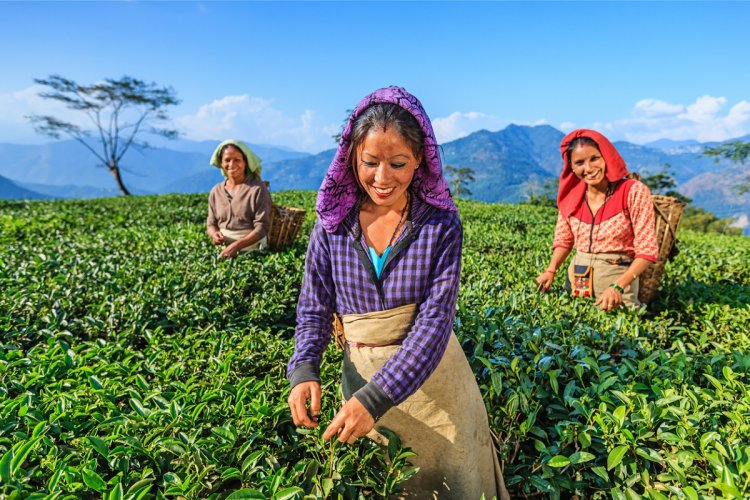
Planters of Darjeeling, India's premium tea belt, are facing a double whammy. They are worried over the twin blows of falling productivity and low price realisation in their export markets. The market price of the tea produced has not been meeting expectations in the Terai and Dooars regions of North Bengal.
Depressed economic conditions in traditional markets such as western Europe and Japan have led to reduced prices being offered, industry bodies explained. Production volumes of the 87-odd Darjeeling tea gardens, which used to be in the region of more than 8 million kilograms per year, have plummeted to 6.5-7 million kilograms, primarily due to old bushes, climate change and pest attacks, planters said.
The second flush tea of Terai and Dooars is the second largest harvest, taking place from the middle of March to June. It is the most expensive tea. However, due to the heatwave, the demand for tea has decreased and production has reduced.
"The Darjeeling tea industry is in ICU. The cost of production has increased, while due to the unfavourable climate, the crop is declining. Exports, which had been the mainstay of the premium tea, are also declining owing to the depressed economic conditions of western Europe and Japan coupled with stagnant unit price realisations," Indian Tea Exporters Association chairman Anshuman Kanoria said.
Many gardens in Darjeeling are on the verge of closure as operations cannot be sustained, he said, adding that the association had been trying to sensitise the Tea Board on the burning issue.
"The Darjeeling tea industry has been affected by factors, which are not within its control. The industry cannot survive without government assistance by way of a one-time subsidy to be paid to the tea planters of the region and also funding for promotional activities," he said.
Kanoria also explained that the one-time subsidy is required to keep the industry afloat and prevent sales of gardens to real estate players as the Darjeeling tea industry has "suffered greatly due to free imports from Nepal under the friendship treaty".
Indian Tea Exporters' Association has suggested the introduction of a minimum import price on tea shipped from Nepal to prevent dumping, he said. Indian Tea Association secretary general Arijit Raha said, "Both production and price realisations have fallen in Darjeeling".
While production in 2016 was 8.13 million kilograms, it declined to 6.60 million kilograms in 2022. The average auction price of the crop, which was Rs 365.45 per kilogram in 2021, fell to Rs 349.42 in 2022, he said.
"Inclement weather in 2023 has adversely impacted tea production in Darjeeling. During March, the crop was down by 43 per cent," he said. According to ITA, the surge in the import of tea from Nepal in the last few years had adversely affected the viability of the Darjeeling tea industry.
The volume of imported teas from Nepal surpassed the production of Darjeeling itself, causing stagnancy in the prices, he said. While the quantum of import of Nepal tea was 11.42 million kilograms in 2017, this has shot up to 17.36 million kilograms in 2022, he said.
In this context, ITA had sought a financial package for the revival of the Darjeeling tea industry in the form of enhancement of the working capital loan and five per cent interest subvention, besides introducing a minimum import price for teas from Nepal, Raha added.
Chairman of Tea Association of India (TAI) in North Bengal Chinmay Dhar stated: “The demand for tea in the market has decreased, resulting in a decrease of Rs 30-40 per kg in the price of our highest-selling second flush tea. Additionally, due to the heatwave, we have had to spend extra on artificial irrigation to maintain the moisture of the tea leaves.
"The production of tea leaves has significantly decreased by 10 per cent during April, compared to the previous year. Moreover, from June wages have increased by Rs 18 which the gardens have to pay to the workers. The losses incurred by the gardens cannot be fulfilled by rain alone,” he added.
Meanwhile, the President of Confederation of Indian Small Tea Growers’ Associations (CISTA), Bijaygopal Chakraborty said: “Last year, we used to sell raw tea leaves of the second flush at around Rs 33 per kg to the bought leaf factories but now we are getting Rs 15-18 less.”
He said small tea growers (STGs) have submitted a status report to the Union Commerce Ministry highlighting the issues faced by them and also sought assistance from the Government to achieve scale in their operations by setting up clusters.
Chakraborty said: “A long-term plan was discussed during the Tea Board’s final board meeting to address the issue of the price of green tea leaves. It was decided to form a fact-finding committee in each small tea plantation in the affected state. However, this decision has not been implemented yet. There is concern that if the Tea Board does not take immediate measures at the governmental level, there is a high risk of significant losses and potential closure of small tea gardens. Urgent actions are needed to prevent the situation from further deterioration.”
He claimed that although their contribution to the overall tea production volume of the country is close to 52 per cent, they are not getting the remunerative price for green leaf produced by them while the costs of production is rising.
Out of the 1350 million kilogramme of tea produced in India in 2022, 52 per cent was contributed by the STGs, according to CISTA. The report also highlighted the cause for providing incentives to STGs who are trying to move into packeting for promotional activities, besides supporting start-ups in the tea trade which are expected to be formed in huge numbers. Currently, there are 2.4 lakh STGs in India whose combined production is around 690 million kilogramme.
Meanwhile, Birendra Bara Oraon, President of the tea garden workers’ union of Trinamool Congress (TCBSU) emphasised: “If a tea garden incurs losses, it affects the workers as well. The state government has done a lot for the tea gardens, but the Tea Board needs to address these issues.”



 Join the RuralVoice whatsapp group
Join the RuralVoice whatsapp group





























